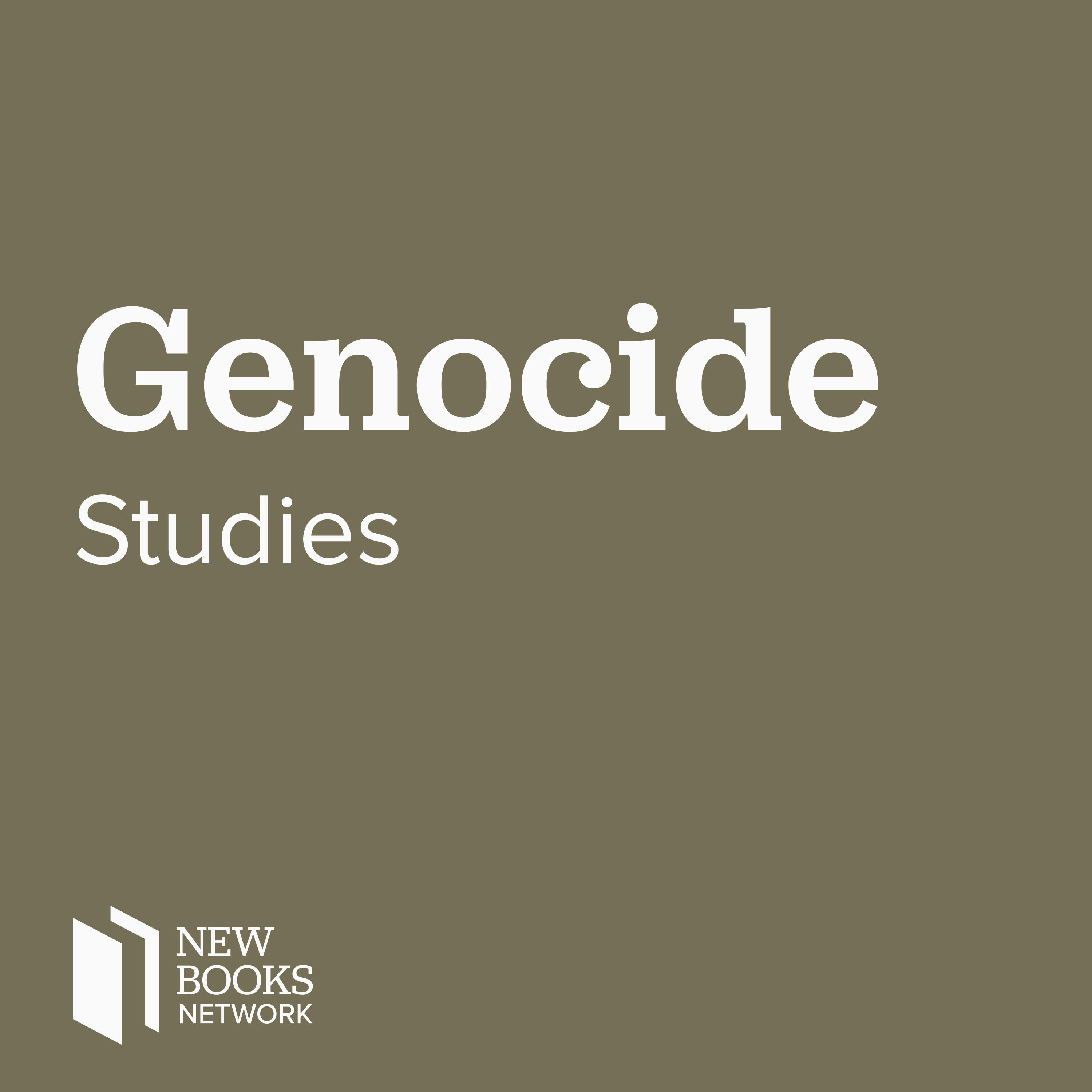Special Discussion: Approaches to Textbooks on Genocide

How do you write a textbook about genocide?\nConsider what such a textbook must do.\xa0 It needs to integrate insights from a variety of disciplines. It must make complicated legal and definitional issues clear and compelling. It needs to make historical accounts meaningful yet concise.\xa0 It needs to consider the question of what the field is for and whether a call to action is appropriate in a text.\xa0 And it must do all this while remaining sensitive to the emotionally challenging nature of the material.\xa0 How, as I put it in the introduction to my own course, do you maintain your passion for the subject in the face of such pain?\nThis week I've asked Adam Jones and John Cox to join me in talking about these challenges. Each has written an outstanding text on the subject.\xa0 Jones' book, simply titled Genocide:\xa0 A Comprehensive Introduction, 3rd Edition (Routledge, 2018) is already a standard in the field. Jones provides us with as comprehensive a survey as we're likely to get, combining historical description with a series of chapters examining the different ways different disciplines approach the topic.\xa0 At 839 pages of text, it's a wonderful book, but not one undergraduates are likely to pick up on their own.\nCox, in contrast, offers a concise and focused account.\xa0 Coming in at a slim 258 pages, he concentrates on historical analysis with some additional commentary.\xa0 Forced to concentrate on a few case studies, To Kill a People: Genocide in the Twentieth Century (Oxford University Press, 2016) illustrates its main ideas beautifully, but of necessity sets aside much of the disciplinary discussion so prominent in Jones' book.\nIn the interview, Jones and Cox talk through some of the decisions that shaped their work and the personal backgrounds that inspire their scholarship.\xa0 And each offers a powerful argument for reading both texts together.\nLearn more about your ad choices. Visit megaphone.fm/adchoices\nSupport our show by becoming a premium member! https://newbooksnetwork.supportingcast.fm/genocide-studies